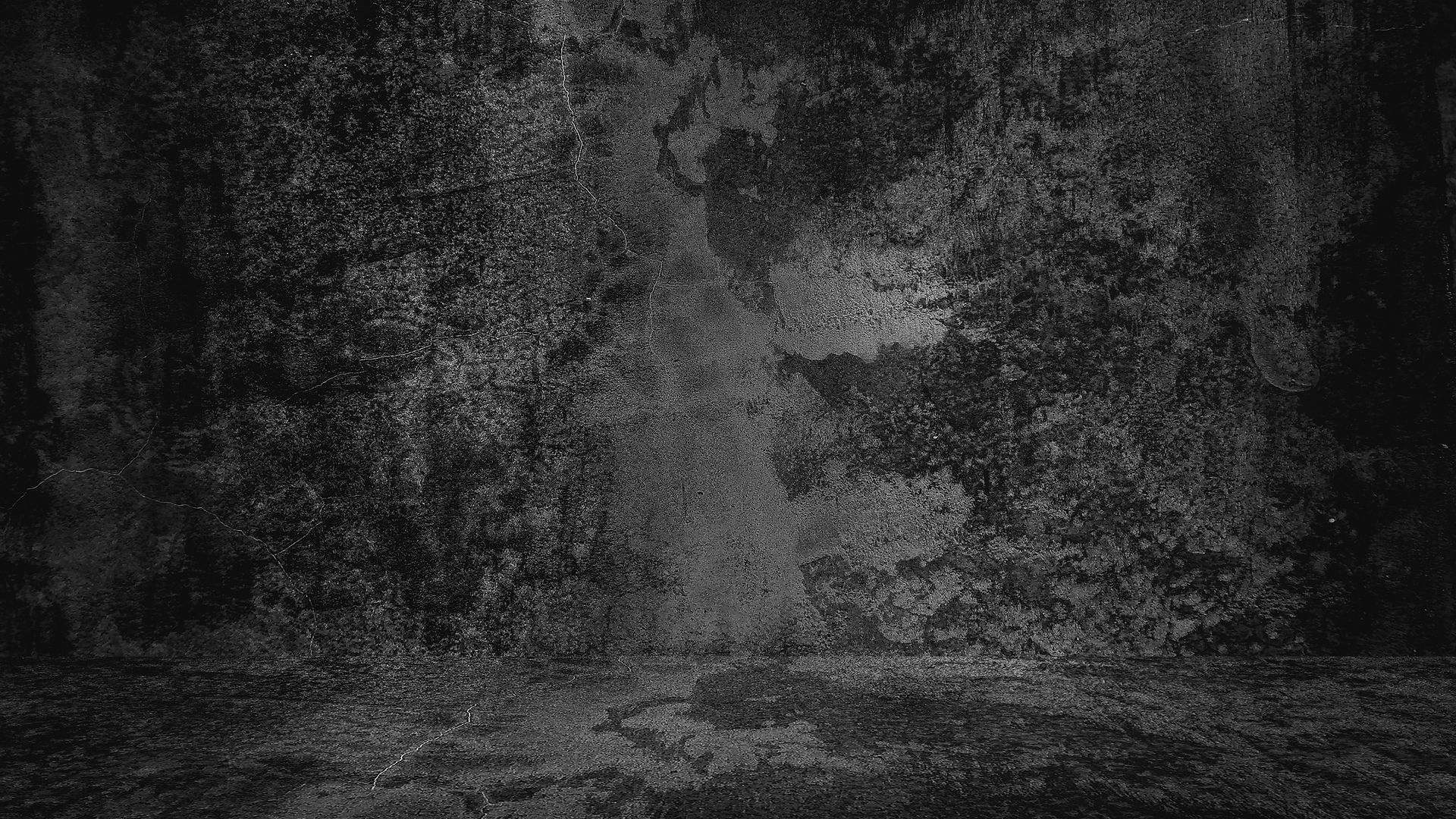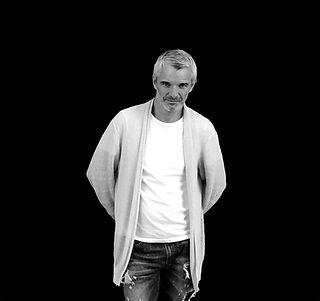

"The global system is a factory in the production of waste. This includes PRODUCING disposable humans"
Zygmunt BAUMAN
The Project
Throughout the Twentieth Century, violence was ceaselessly waged against targeted populations deemed to be “disposable”. The years 2014-2016 offer a poignant moment to reflect upon the historical significance and contemporary meaning of these mass atrocities. The period began with the 20th anniversary of the Zapatista uprising which provided a contemporary frame on the history of indigenous and racial persecution. April 2014 marked the 20th anniversary of the Rwandan genocide which exposed to a watching global community the horrifying legacy of colonialism, along with its lasting and unresolved implications. June 2014 bore witness to the 100th anniversary of the outbreak of World War I which remains one of the bloodiest conflicts in human history. Onto January 2015, we confront the historical memory of the violence of Auschwitz which taught us the shame of being human. The year also witnessed the 70th anniversaries of the bombings of Hiroshima & Nagasaki that still serve as a horrifying reminder of the devastating potential of weapons of mass destruction and the capacity to reason widespread destruction; the 100th anniversary of the Armenian “genocide” which remains a source of contention and passionate debate in terms of its definition and political vocabulary; the 65th anniversary of the start of the Korea War that continues to have profound impact upon global ideas of security and peaceful co-habitation; the 60th anniversary of the official start of Vietnam War (from United States perspective) whose targeted violence against local populations and biospheres in particular fundamentally challenged claims of Western superiority and enlightenment; along with the 40th anniversary of the beginning of the “killing fields” in Cambodia which remains one of the most violent experimental episodes in the history of human existence.
There was no doubt a need to collectively memorialise these traumatic events and remember the devastating loss of life. Any attempt to create more just futures must have an appreciation of these histories of violence. There is also a need however to move beyond the historicity of memorialisation to critically question their contemporary significance in terms of providing a more honest and somber reflection of the present conjuncture. This requires us to move beyond the dominant Western tropes for conceptualising such violence as either exceptional in history or the result of a failure of liberal modernity. Disposability may take many different forms. It cannot be reduced to simplistic explanations. Nor can it be properly understood without engaging its underlying causes that may be of a political, economic, cultural, social, psychological and identity based nature. Only then might we start to rethink the terms of global citizenship in the 21st Century.
With this in mind, the global initiative led by Brad Evans and Adrian Parr aimed at directly rethinking the meaning of mass violence and human disposability in the 21st Century. Partnered by a number of institutions including the University of Bristol; the Taft Research Centre at the University of Cincinnati; the Committee of Global Thought, Columbia University New York; the University of California Humanities Research Institute; the Central New York Humanities Corridor; along with McMaster Centre for Scholarship in Public Interest, it was compelled to ask: Are there, for instance, aspects of contemporary global society that make it possible to think and act in ways that render specific populations disposable? How might we commemorate these tragic events in ways that will cultivate a deeper understanding of the conditions that give rise to extreme violence? Is it correct to argue that we now live in a post-colonial and post-racial moment? Or are there continued remnants from the brutality of colonialism that shapes relations amongst people today? What challenges does the notion of disposability pose for the integrity of social research? How should we engage the broader public in critical education and discussion around the various forms that violence has taken in the past and continues to take in the present? And how might we forge a truly trans-disciplinary pedagogy that connects the arts, humanities and social sciences such that we may engage more critically with the meaning of violence and the disposability of populations in the 21st Century?
The Lecture Series
Reflections (in order of appearance) from Slavoj Zizek, Jean Franco, Henry Giroux, Gil Anidjar, Saskia Sassen, Ananya Roy, Zygmunt Bauman, Cynthia Enloe, David Theo Goldberg, Etienne Balibar, Griselda Pollock, Richard Sennett, Simon Critchley, Gustavo Esteva, Lewis Gordon, Max Silverman, Carol Gluck.

Project Directors
Adrian Parr is an internationally recognized environmental, political, and cultural thinker and activist. She is the Dean of the College of Design at the University of Oregon.
Brad Evans is the founder & director of the Histories of Violence project. He is Professor of Political Violence & Aesthetics at the University of Bath

Publications
Disposable Futures
Complimenting the project, in 2015 Brad Evans & Henry Giroux released the book "Disposable Futures: The Seduction of Violence in the Age of Spectacle. It was published by Citylights.
Media Articles
Brad Evans, As we remember the atrocities of the 20th Century, we must change the way we think about violence (The Independent, 4th Feb: 2014)
Brad Evans & Adrian Parr, Are Some Lives Disposable? (Al Jazeera, 14th Feb: 2014)
Brad Evans & Adrian Parr, Turning a Blind Eye to the Political Promise of the Financial Crises (The World Financial Review, March: 2014)
Gustavo Esteva with Brad Evans, Violence & Hope in Chiapas: Pedagogies by the Globally Oppressed (TruthOut, 1st July: 2014)

